Retro Replay Review
Gameplay
Line Rider 2: Unbound stays true to its flash roots by putting the player in control of a virtual pen, allowing you to draw tracks that guide your rider through a variety of inventive courses. The core mechanic of drawing slopes, loops, and jumps is instantly recognizable, but the console and PC versions breathe new life into the formula with tighter physics and expanded tools. With 40 levels across three distinct modes—Story, Puzzle, and Freestyle—you’ll constantly find yourself experimenting with creative solutions to reach each level’s end.
(HEY YOU!! We hope you enjoy! We try not to run ads. So basically, this is a very expensive hobby running this site. Please consider joining us for updates, forums, and more. Network w/ us to make some cash or friends while retro gaming, and you can win some free retro games for posting. Okay, carry on 👍)
The Story mode introduces goal-oriented challenges, where you must collect coins, adjust line segments, and deliver your rider safely to the finish. These scripted levels often incorporate environmental hazards, moving platforms, and timed elements that require precision and forethought. Puzzle mode strips away the freedom of freehand drawing by providing pre-set line segments you must piece together. This adds a layer of brain-teasing difficulty as you decide which pieces to use and how to connect them for a flawless run.
Freestyle mode is where Line Rider 2 truly shines for creators and speedrunners alike. Here, there’s no level layout forcing your hand—you’re given an empty canvas where you can let loose your imagination. Draw sprawling roller coasters, gravity-defying loops, or nail-biting cliff drops. Once you’ve crafted your masterpiece, you can ride it, record replays, and even share your creations online (on supported platforms). The satisfaction of a smooth, physics-perfect ride is immensely rewarding, and the community-driven content keeps the replay value high.
Graphics
Gone are the simple black-and-white lines of the original flash game. Line Rider 2: Unbound features vibrant, hand-painted backgrounds and detailed foreground elements that give each level its own personality. Whether you’re sketching tracks through icy caverns, lush forests, or futuristic cityscapes, the colorful visuals complement the creative spirit of the game. Subtle animations—like rustling leaves or drifting clouds—lend depth to otherwise static scenes without distracting from the main action.
The game performs smoothly on most modern consoles and PCs, though on older hardware you might notice occasional frame dips when extensive physics calculations are happening in real time. On the Nintendo DS, the stylus-driven controls and dual-screen layout make drawing intuitive, but the lower resolution means some background details are simplified. The Wii Remote implementation is surprisingly accurate, though there’s a learning curve before you can draw clean lines without jitter.
One of the most impressive visual additions is the dynamic camera system. As you draw, the camera subtly pans and zooms to keep your focal point on the rider’s trajectory. During playback, cinematic angles highlight key moments in your track, like big air jumps or clutch landings. These camera moves don’t just look good—they help you analyze your designs, seeing weak spots in your linework that you can tweak before trying again.
Story
While Line Rider 2: Unbound is primarily a sandbox experience, the Story mode stitches together a charming narrative about creativity, perseverance, and self-expression. You begin as an apprentice rider trying to master the basics of line-drawn physics, and as you progress, you unlock new drawing tools and mechanics. Each chapter builds on the last, challenging you to combine newfound techniques with ingenuity.
The narrative unfolds through minimalistic cutscenes and tongue-in-cheek voiceover narration that never takes itself too seriously. You meet a quirky cast of characters—from rival riders to eccentric inventors—who set you tasks that gradually ramp up in complexity. It’s light on plot, but that’s by design: the story serves as a framework for gameplay challenges rather than a deep character-driven drama.
Despite its simplicity, the Story mode does a great job of teaching advanced mechanics in a paced manner. Instead of throwing you into the deep end, it introduces new elements—like springs, fans, and breakable surfaces—one at a time. By the time you reach the final chapter, you’ve internalized a robust toolkit, ready to tackle the open-ended puzzles and tracks waiting in Freestyle and Puzzle modes.
Overall Experience
Line Rider 2: Unbound strikes a rare balance between structured challenges and boundless creative freedom. The tripartite mode design ensures there’s something for every type of player: those who love a tight, level-based progression; puzzle enthusiasts keen on piece-by-piece problem solving; and creative souls looking to sketch their own wild rides. This diversity keeps the experience fresh and engaging across dozens of hours of play.
The learning curve is approachable yet rewarding. Beginners can have fun drawing simple slopes in Freestyle, while veterans can challenge themselves with tiny adjustments in Puzzle mode to shave milliseconds off their times. The community tools for sharing and downloading user-generated tracks further extend replayability, especially on platforms where online sharing is supported.
Ultimately, Line Rider 2: Unbound offers a compelling package for both nostalgia seekers and newcomers. Its vivid graphics, intuitive drawing controls, and clever level design deliver a polished, addictive ride. If you’ve ever dreamed of crafting your own roller coaster or testing the limits of a physics sandbox, this game will keep you glued to your screen, pen—or controller—in hand.
 Retro Replay Retro Replay gaming reviews, news, emulation, geek stuff and more!
Retro Replay Retro Replay gaming reviews, news, emulation, geek stuff and more!
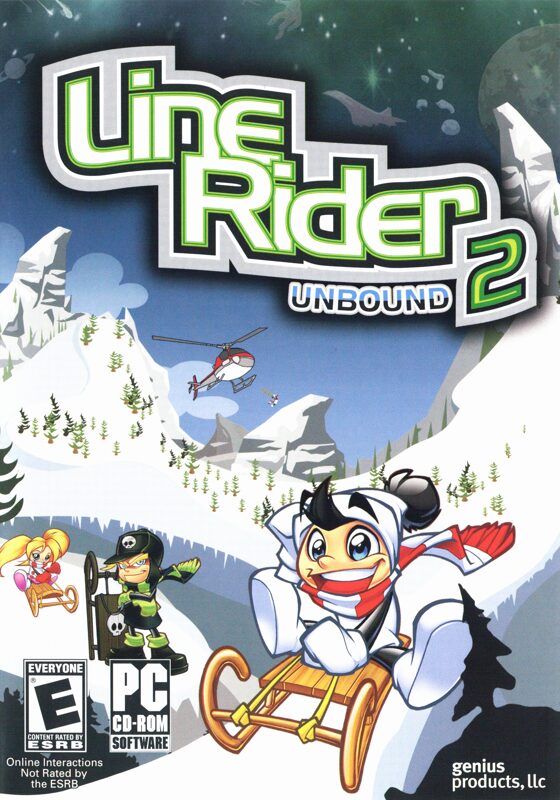
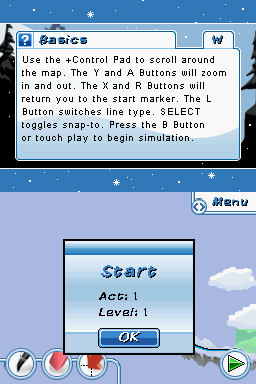
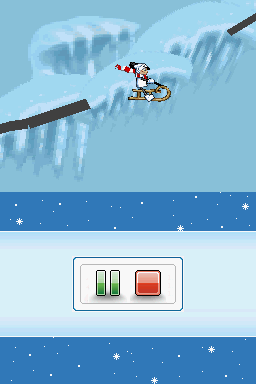
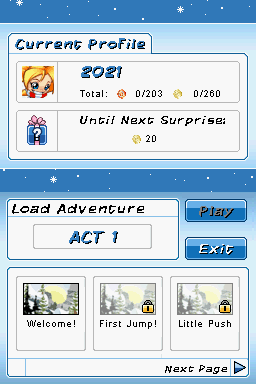
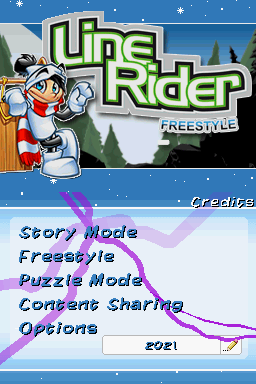
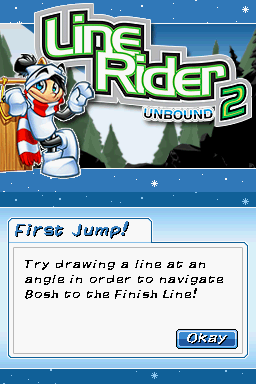



Reviews
There are no reviews yet.